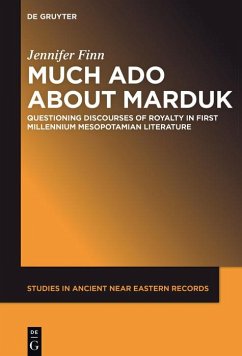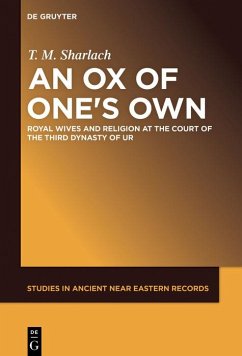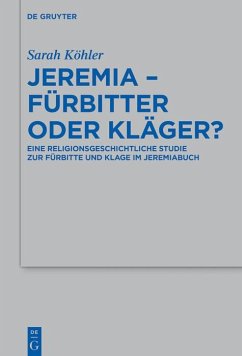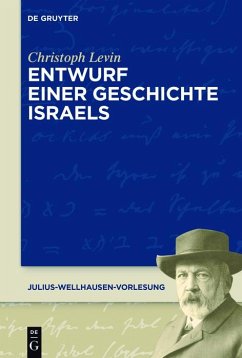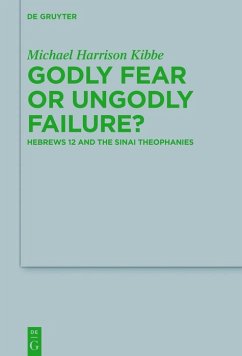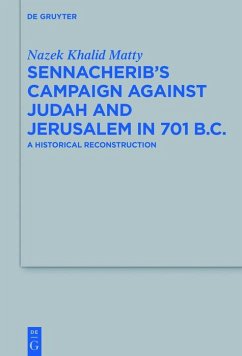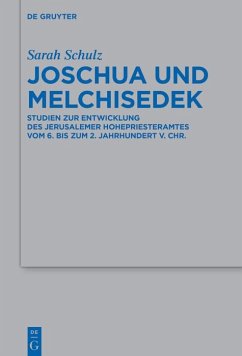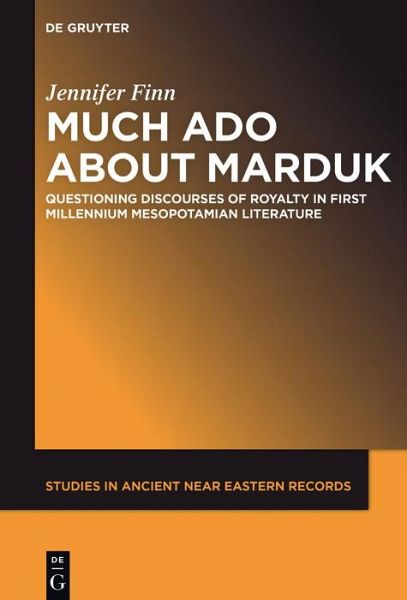
Much Ado about Marduk (eBook, ePUB)
Questioning Discourses of Royalty in First Millennium Mesopotamian Literature
Versandkostenfrei!
Sofort per Download lieferbar
97,95 €
inkl. MwSt.
Weitere Ausgaben:

PAYBACK Punkte
49 °P sammeln!
Scholars often assume that the nature of Mesopotamian kingship was such that questioning royal authority was impossible. This volume challenges that general assumption, by presenting an analysis of the motivations,methods, and motifs behind a scholarly discourse about kingship that arose in the final stages of the last Mesopotamian empires. The focus of the volume is the proliferation of a literature that problematizes authority in the Neo-Assyrian period, when texts first begin to specifically explore various modalities for critique of royalty. This development is symptomatic of a larger disc...
Scholars often assume that the nature of Mesopotamian kingship was such that questioning royal authority was impossible. This volume challenges that general assumption, by presenting an analysis of the motivations,methods, and motifs behind a scholarly discourse about kingship that arose in the final stages of the last Mesopotamian empires. The focus of the volume is the proliferation of a literature that problematizes authority in the Neo-Assyrian period, when texts first begin to specifically explore various modalities for critique of royalty. This development is symptomatic of a larger discourse about the limits of power that emerges after the repatriation of Marduk's statue to Babylon during the reign of Nebuchadnezzar I in the 12th century BCE. From this point onwards, public attitudes toward Marduk provide a framework for the definition of proper royal behavior, and become a point of contention between Assyria and Babylonia. It is in this historical and political context that several important Akkadian compositions are placed. The texts are analyzed from a new perspective that sheds light on their original milieux and intended functions.
Dieser Download kann aus rechtlichen Gründen nur mit Rechnungsadresse in A, B, BG, CY, CZ, D, DK, EW, E, FIN, F, GR, HR, H, IRL, I, LT, L, LR, M, NL, PL, P, R, S, SLO, SK ausgeliefert werden.




